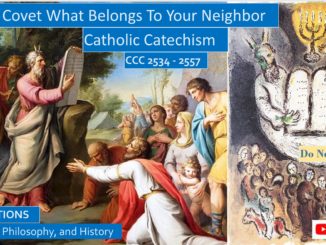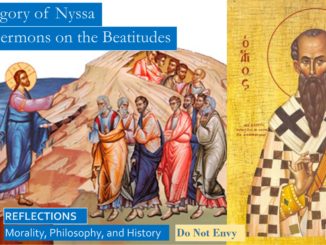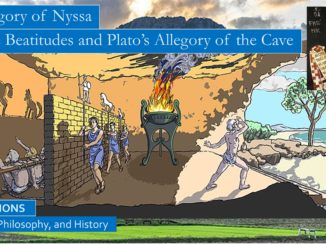These sermons by St Gregory of Nyssa are cited twice in the Catholic Catechism in its discussion of the Commandment, DO NOT COVET, DO NOT ENVY. St Gregory of Nyssa mentions envy in this Beatitude: “Some people covet glory, or wealth, or prominence. Others lap up envy like some noxious food, and there are others (more holy) who desire things whose nature is good.” He continues, “the Word calls blessed those who hunger not without qualification, but those whose desire is directed toward true justice.”
Those who hunger and thirst for justice need never be filled, the possession of virtue “always offers its disciples the fulness of its delights. Therefore, God the Word promises to those who hunger for these things that they shall be filled, and in being filled their desire for virtue will not be dulled but rather kindled anew.” […]






